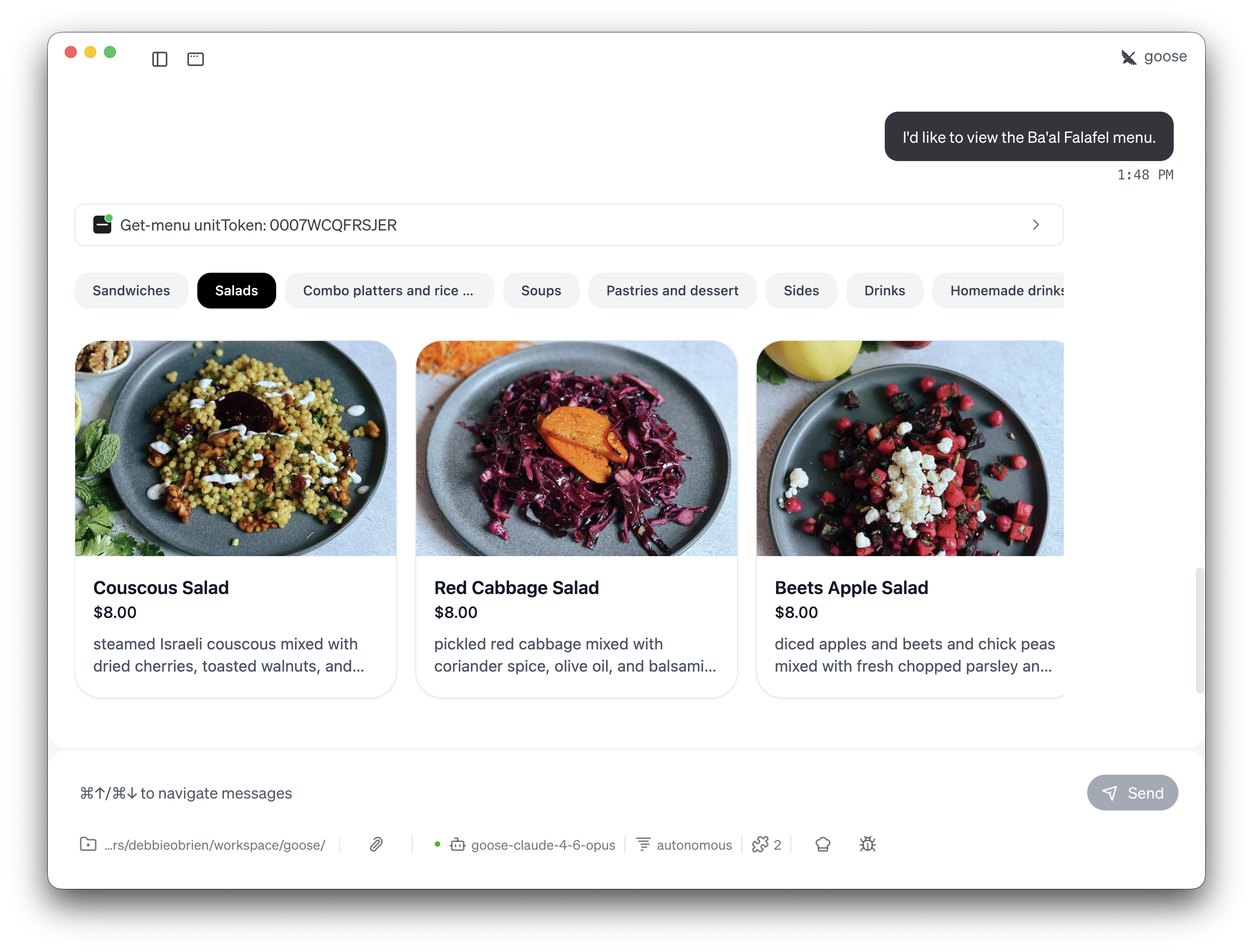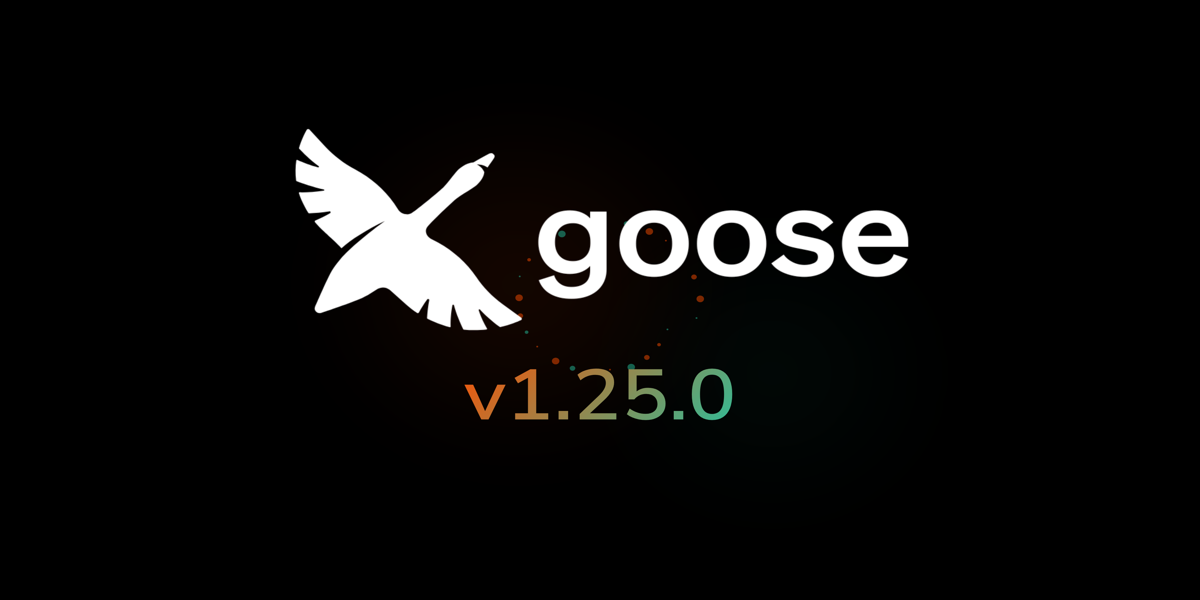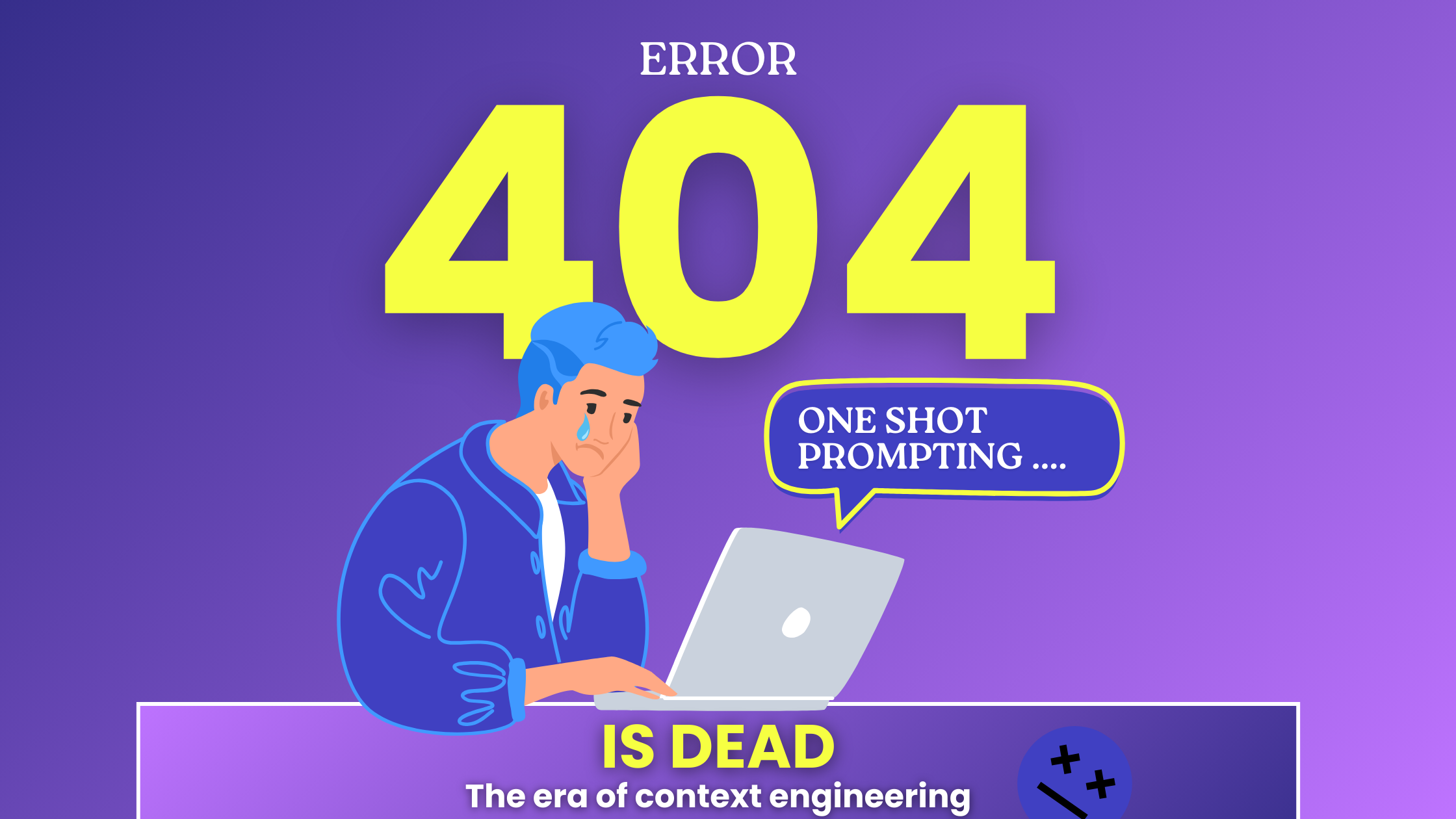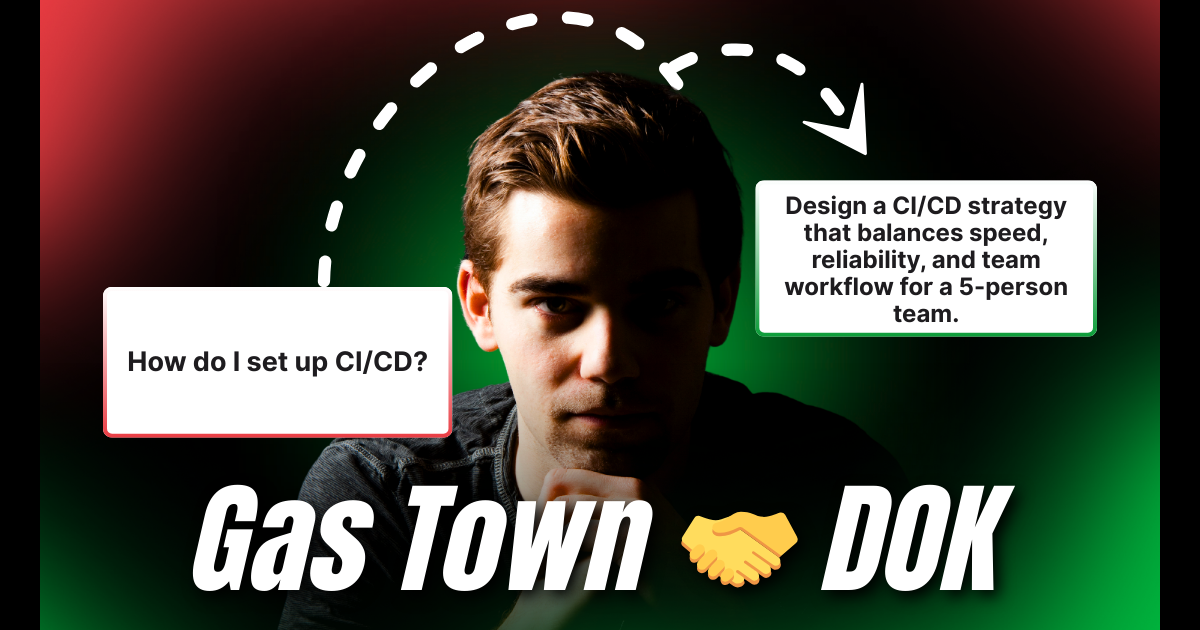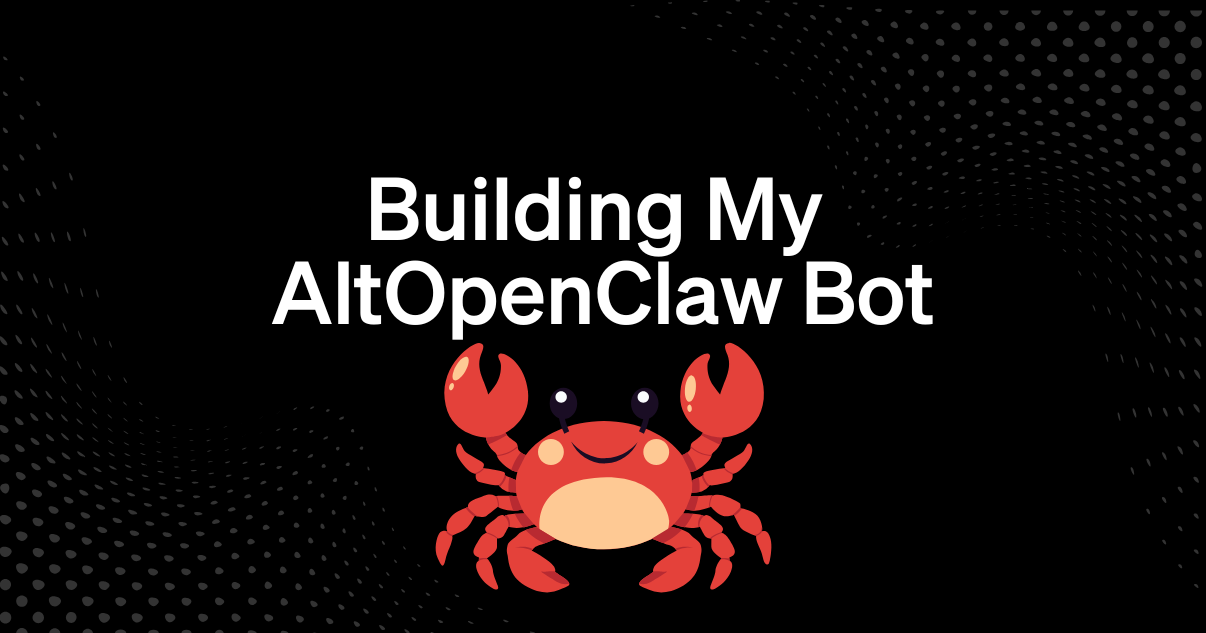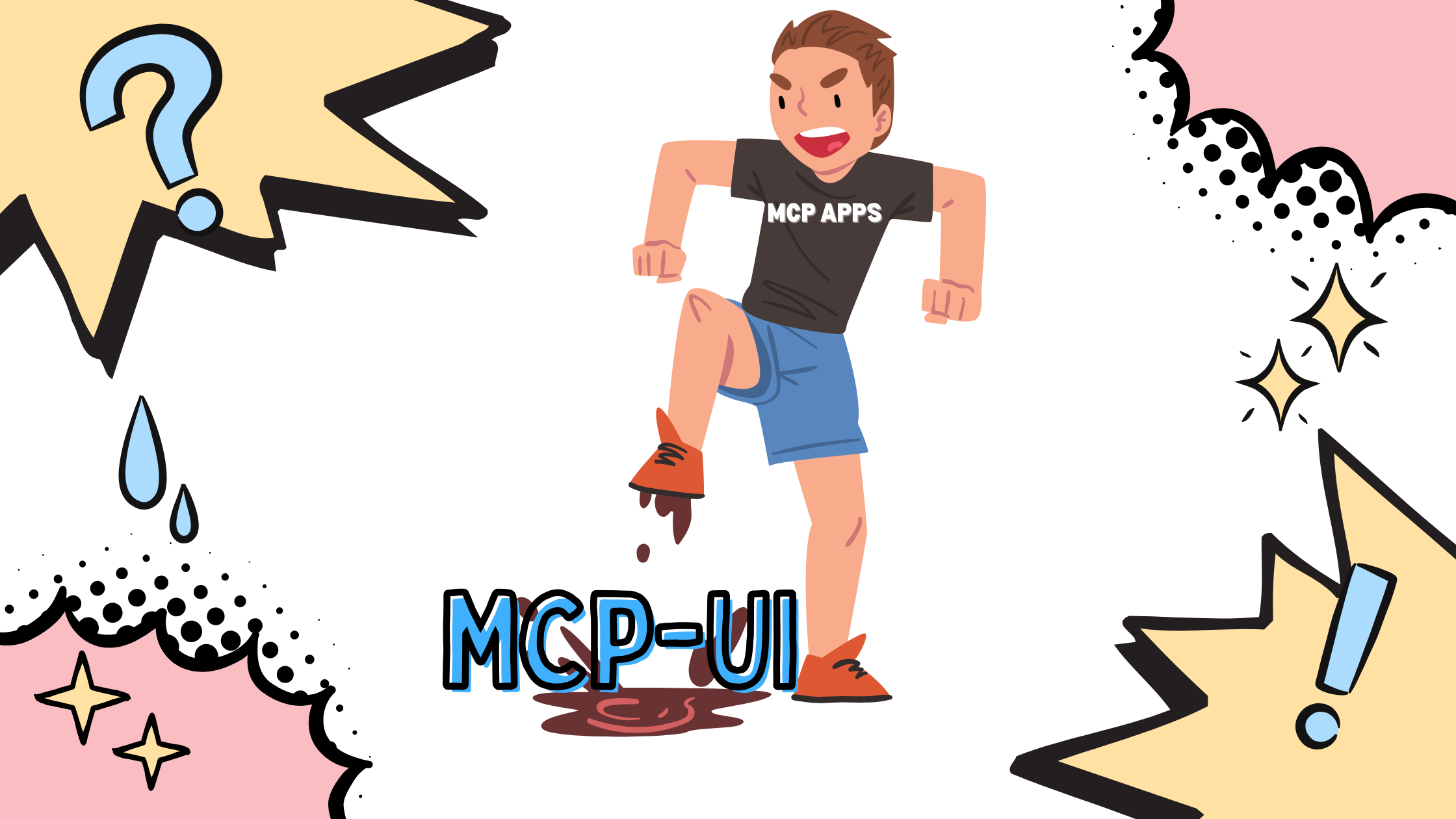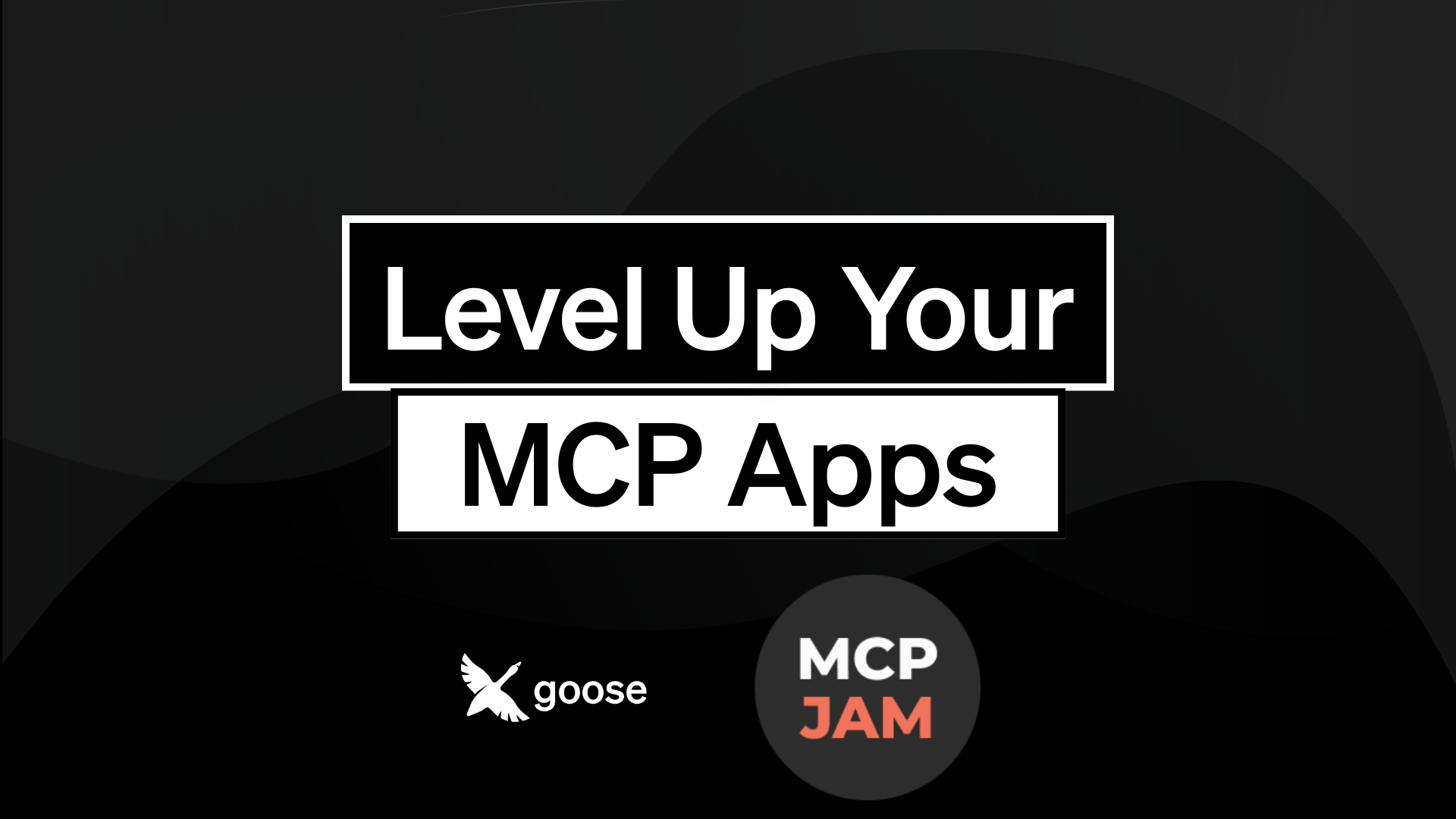
MCP Apps allow you to render interactive UI directly inside any agent supporting the Model Context Protocol. Instead of a wall of text, your agent can now provide a functional chart, a checkout form, or a video player. This bridges the gap in agentic workflows: clicking a button is often clearer than describing the action you hope an agent executes.
MCP Apps originated as MCP-UI, an experimental project. After adoption by early clients like goose, the MCP maintainers incorporated it as an official extension. Today, it's supported by clients like goose, MCPJam, Claude, ChatGPT, and Postman.
Even though MCP Apps use web technologies, building one isn't the same as building a traditional web app. Your UI runs inside an agent you don't control, communicates with a model that can't see user interactions, and needs to feel native across multiple hosts.
After implementing MCP App support in our own hosts and building several individual apps to run on them, here are the practical lessons we've picked up along the way.
